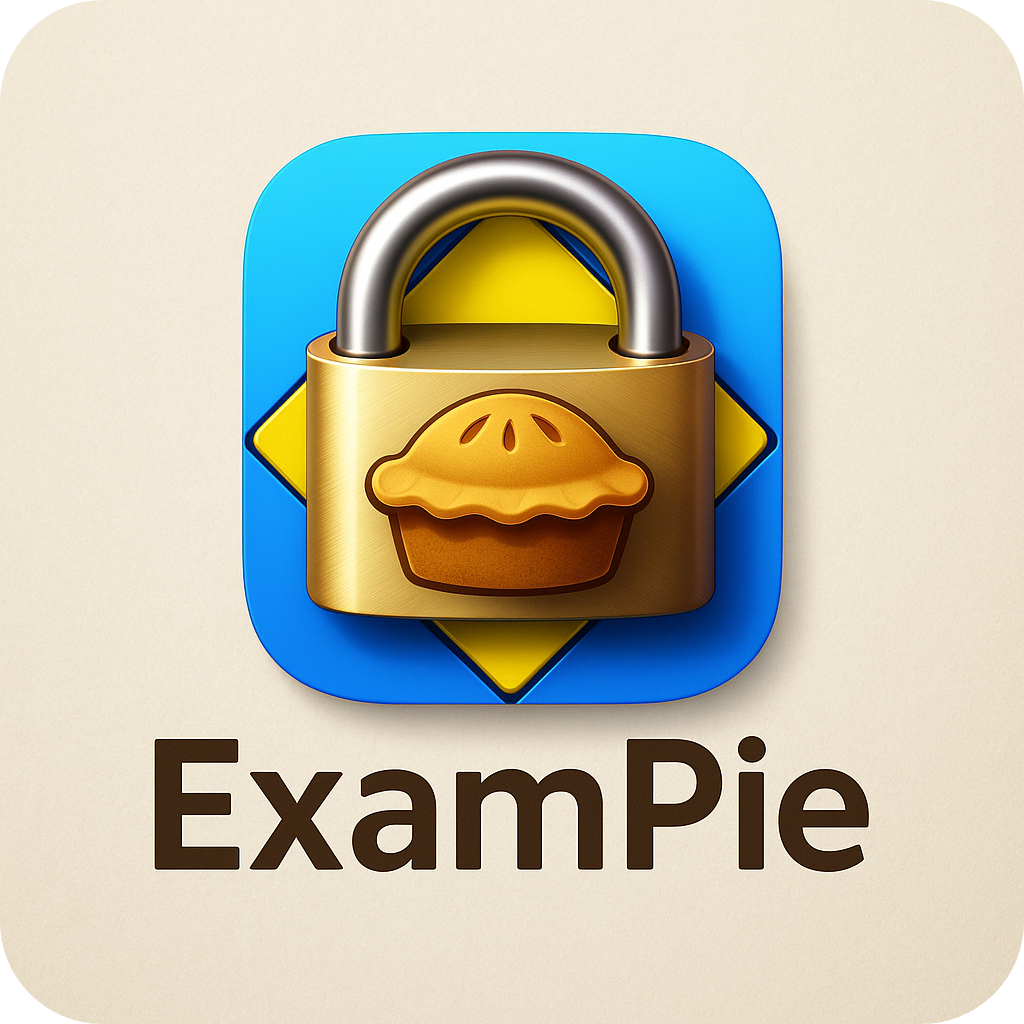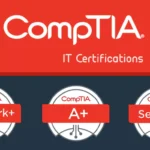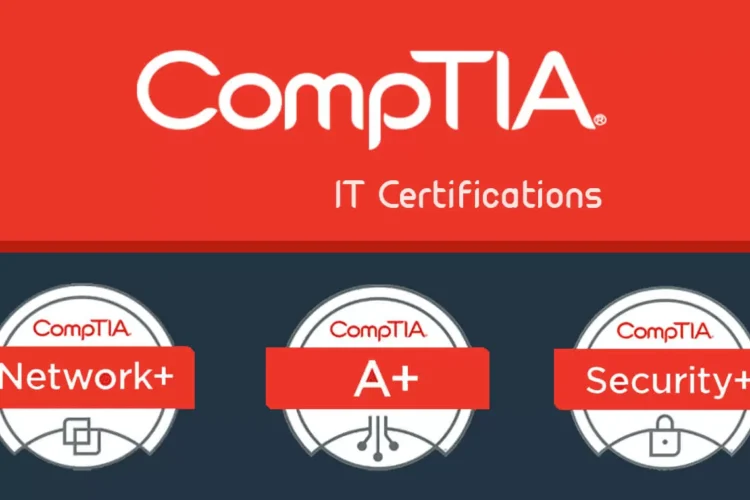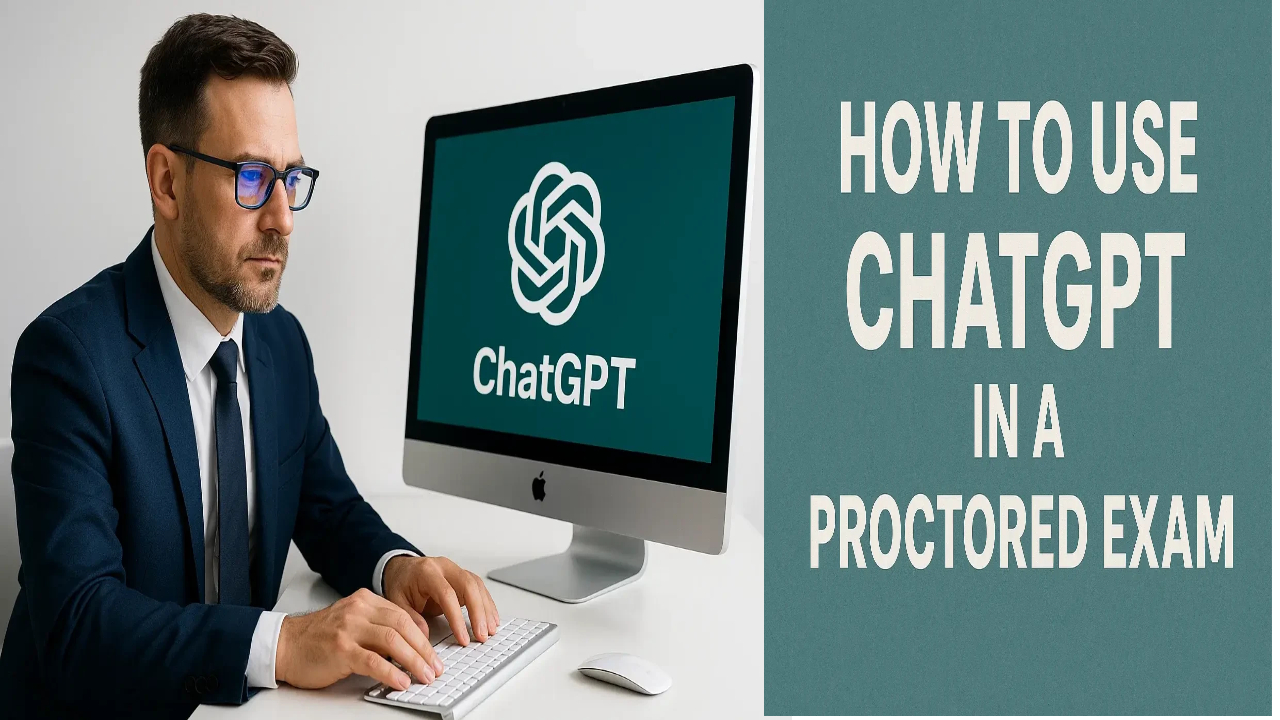
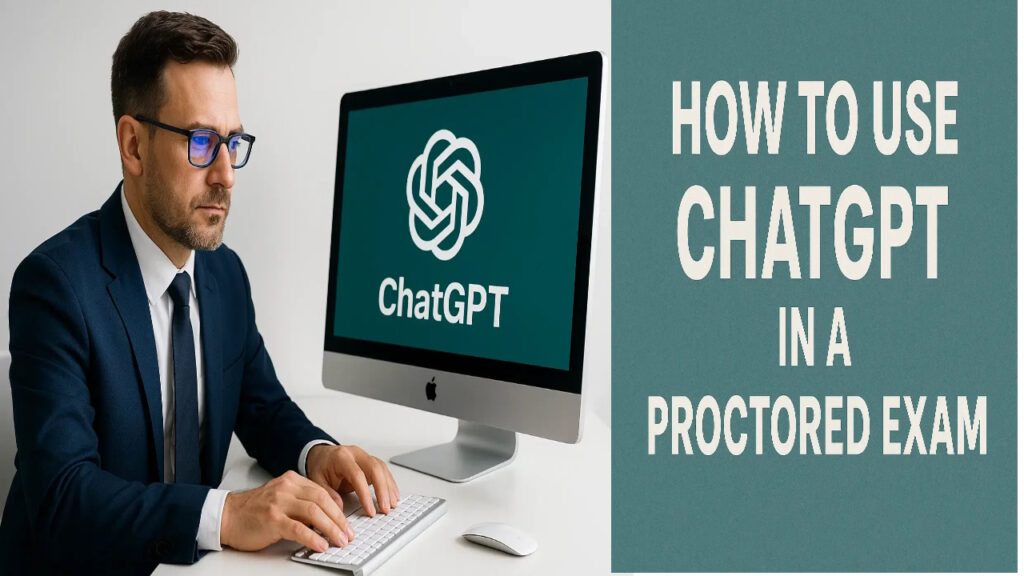
With the rise of online learning, online proctored exams have become the new normal. While proctoring software aims to ensure academic integrity, students are finding increasingly sophisticated ways to bypass these systems. In this blog, we’ll explore five popular cheating methods in 2025, explain how proctoring tools work, and reveal the most undetectable method used today.
Bypass All Proctored Exams EXAMPIE BYPASS:
What Are Online Proctored Exams?
Online proctored exams are assessments conducted over the internet, typically from home or school. These tests are monitored through webcams, secure browsers, and artificial intelligence to prevent cheating. Some exams include live proctors, while others rely entirely on AI-driven behavior monitoring.
How Online Proctoring Works
Modern online proctoring tools use various techniques to safeguard exam integrity:
- Webcam Monitoring: Records and/or streams live video of the test taker.
- Browser Lockdown: Prevents access to other tabs or apps.
- Surroundings Scan: Requires a 360° view of the test environment.
- AI Behavior Analysis: Detects unusual eye movement or facial gestures.
- Secure Browsers: Disables copy-paste, screenshots, and external navigation.
Popular platforms include: Respondus LockDown Browser, ProctorU, Honorlock, Examity, Pearson VUE, and Examplify.
The Evolution of Online Proctoring (Post-Pandemic Boom)
Before the COVID-19 pandemic, online proctoring was rarely used. But as education shifted online, schools and testing bodies embraced remote exams, giving rise to various proctoring software and enforcement strategies. As a result, both exam security and cheating techniques have evolved in parallel.
5 Common Cheating Methods Used in 2025
Despite advancements in exam security, students continue to find creative ways to cheat. Here are five popular techniques being used today:
1. Old-School Tricks
- Writing on palms or sticky notes
- Using hand signals to communicate
- Placing notes just outside webcam view
⚠️ Risk Level: High. Most proctoring AI can now flag these behaviors easily.
2. Impersonation (Proxy Testers)
A third party takes the test on behalf of the student by logging into the exam system. Advanced platforms now use facial recognition and ID verification to prevent this.
⚠️ Risk Level: Medium. May work with weak verification systems but easily flagged by biometric software.
3. Answer Hacking with Code
Tech-savvy students use scripts to scan exam code and extract correct answers, especially for multiple-choice questions.
⚠️ Risk Level: High. Requires deep coding knowledge and can still be blocked by encrypted platforms.
4. Smart Gadgets and Screen Sharing
- Hidden earpieces and smartwatches
- Concealed cameras to relay questions
- Screen mirroring tools to let someone assist remotely
⚠️ Risk Level: Medium to High. Clever, but modern AI and proctors often detect these tricks.
5. Technical Expert with Undetectable Software (Most Effective)
This method involves hiring a skilled hacker who installs stealth software on the student’s device. The software allows the expert to monitor the screen and select answers remotely without being noticed by the proctoring system.
✅ Risk Level: Very Low. This is currently the most undetectable and effective method.
Why the Technical Expert Method Stands Out
- 100% Stealth Mode: The software runs undetected, even by AI-enhanced platforms.
- Real-Time Remote Help: The expert can guide or control the test without alerting proctors.
- No Suspicious Behavior: The student appears focused and natural throughout.
👉 Note: This method is not DIY—it requires an experienced technician to set up and manage the process.
5 Things to Know Before Attempting Any Method
If someone still considers cheating (ethics aside), there are key precautions to take:
- Understand the Proctoring Tool in Use
Knowing the platform’s features helps avoid rookie mistakes. - Control Your Surroundings
Avoid distractions, sudden movements, or background noise. - Avoid Paying Upfront for Proxy Services
Only work with verified professionals—many scammers exist. - Act Natural
Read questions aloud or take pauses to mimic genuine thinking. - Don’t Finish Too Fast
Rushing through questions could raise red flags.
Where Do Students Get Help?
Some platforms like ExamPie are known to assist students during online proctored exams. According to the video, they offer:
- Discreet, expert-guided assistance
- Alleged 100% undetectability
Contact: exampieheadquater@gmail.com
Final Thoughts
While proctoring systems continue to improve, students find new ways to exploit loopholes. The rise of advanced cheating techniques poses serious questions about the future of academic integrity and the reliability of remote assessments.
